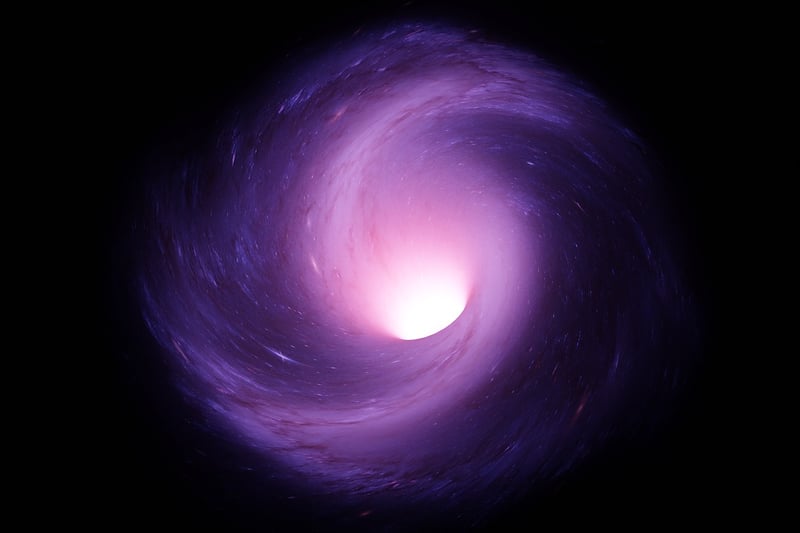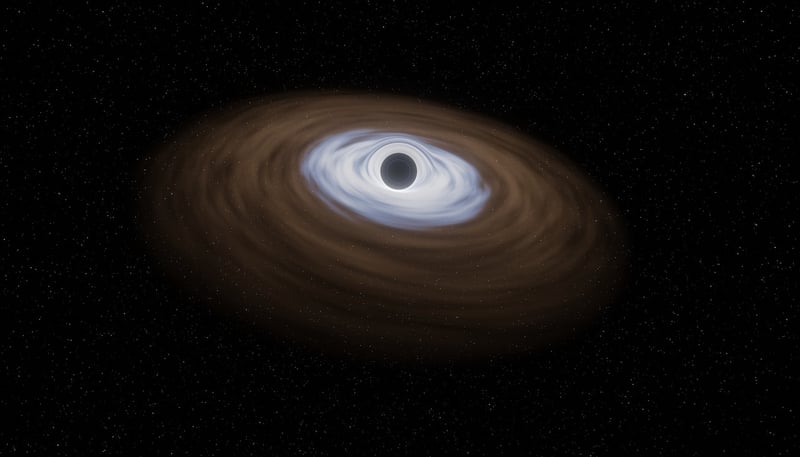Experimental Prototypes
Mechanisms for Time Travel and Experimental Prototypes
Introduction
Time travel has been a fascinating concept in science fiction for decades, but recent advancements in physics and technology have sparked serious discussions about its feasibility. Let's explore some of the proposed mechanisms for time travel and experimental prototypes that have been developed to test these theories.
Wormholes
One of the most popular theories for time travel involves the concept of wormholes. Wormholes are hypothetical passages through spacetime that could create shortcuts for long journeys across the universe and potentially allow for time travel. While wormholes have not been observed, some physicists believe that they could exist based on Einstein's theory of general relativity.

Time Machines
Another approach to time travel involves the creation of time machines that can manipulate spacetime to enable travel to the past or future. While building a time machine remains a theoretical concept, some experimental prototypes have been proposed, including the use of rotating black holes or cosmic strings to warp spacetime.

Quantum Entanglement
Quantum entanglement is another intriguing phenomenon that some scientists believe could be used for time travel. By linking particles in a way that their quantum states are dependent on each other, it might be possible to send information back in time. While this concept is still highly theoretical, research in quantum mechanics continues to explore its potential applications.

Conclusion
The concept of time travel remains a subject of speculation and scientific inquiry. While many theoretical mechanisms have been proposed, the actual realization of time travel still eludes us. However, ongoing research and experimentation in physics and quantum mechanics bring us closer to understanding the nature of time and the possibilities that lie ahead.
For more information on time travel and related topics, you can visit National Geographic's article on the physics of time travel.
